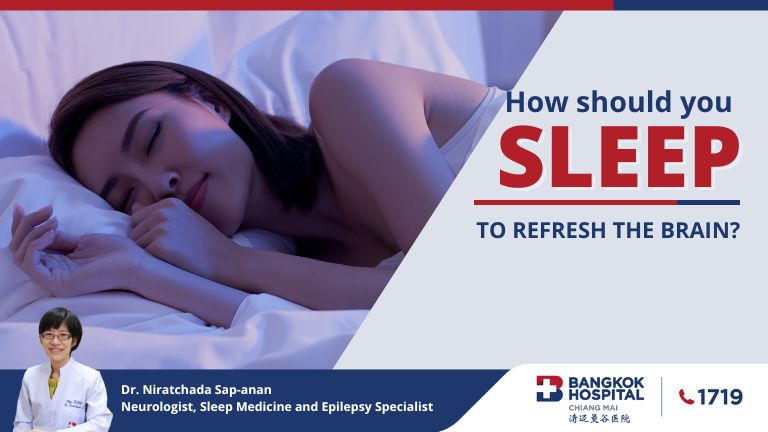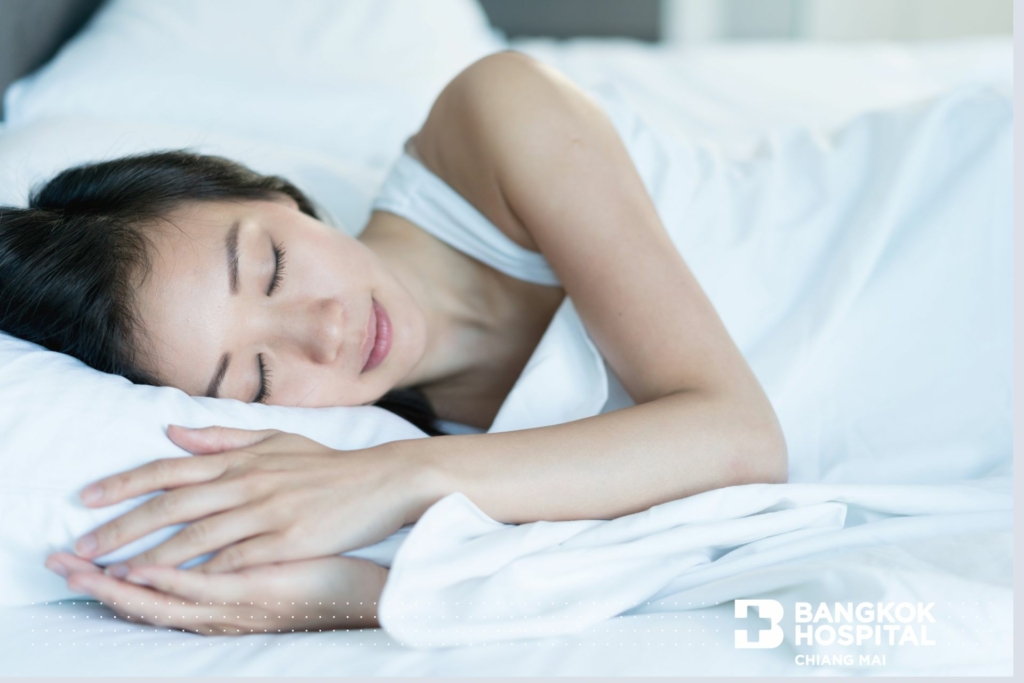
If you've ever awoken feeling dizzy, confused, and in need of caffeine to wake up, coffee may not be the sole remedy!
Because a good night's sleep can also help keep your brain sharp!
Most people are unaware that the brain cleanses itself during sleep, and obtaining enough sleep with the proper quantity, patterns, and quality may have favorable benefits on the brain. It aids in the removal of waste products from nerve cells, improves memory consolidation, and expedites the development of diverse talents. This, in turn, allows the body as a whole to operate correctly.
We can assess the quality of sleep ourselves by observing the following conditions:
- Breathing smoothly without obstruction or pauses
- No snoring
- No teeth grinding
- Heart beating in a regular rhythm
- Muscles relaxed during sleep
- No symptoms of sleepwalking or sleep talking
- No bodily movements or jerking
- Deep and uninterrupted sleep without whimpering or crying
These factors indicate a good quality of sleep, which contributes to a refreshed and energized brain.

The nervous system and brain cells are actively engaged throughout our awake hours, consuming energy and creating waste within numerous systems of the body. This trash may be seen as junk that must be removed. When waste and toxins accumulate in the brain, they may interfere with signal transmission, resulting in poor cognitive function, memory deterioration, and mood swings. Furthermore, if the injured nerve cells regulate the functioning of several organs, organ malfunction might occur.
The following are examples of dysfunctions:
- Endocrine disorders
- Imbalances in hormones
- Gain or loss of weight
- Brain dysfunction and possible brain damage
To facilitate simpler sleep initiation, it is critical to have a regular sleep pattern and routine that assures adequate amount, quality, and pattern of sleep. This involves completing the whole sleep cycle, including light sleep, deep sleep, and REM sleep, without numerous awakenings or more than one toilet visit each night.
However, it's worth noting that each individual is different, and factors such as age, gender, underlying health conditions, diet, and daily activities can influence sleep patterns. For individuals interested in assessing their sleep health, it is necessary to seek a professional evaluation from a sleep specialist or physician with expertise in sleep disorders.
Dr. Niratchada Sap-anan
Neurologist, Sleep Medicine and Epilepsy Specialist
Sleep Center | Bangkok Hospital Chang Mai
Tel. 052 089 888 or Call Center 1719